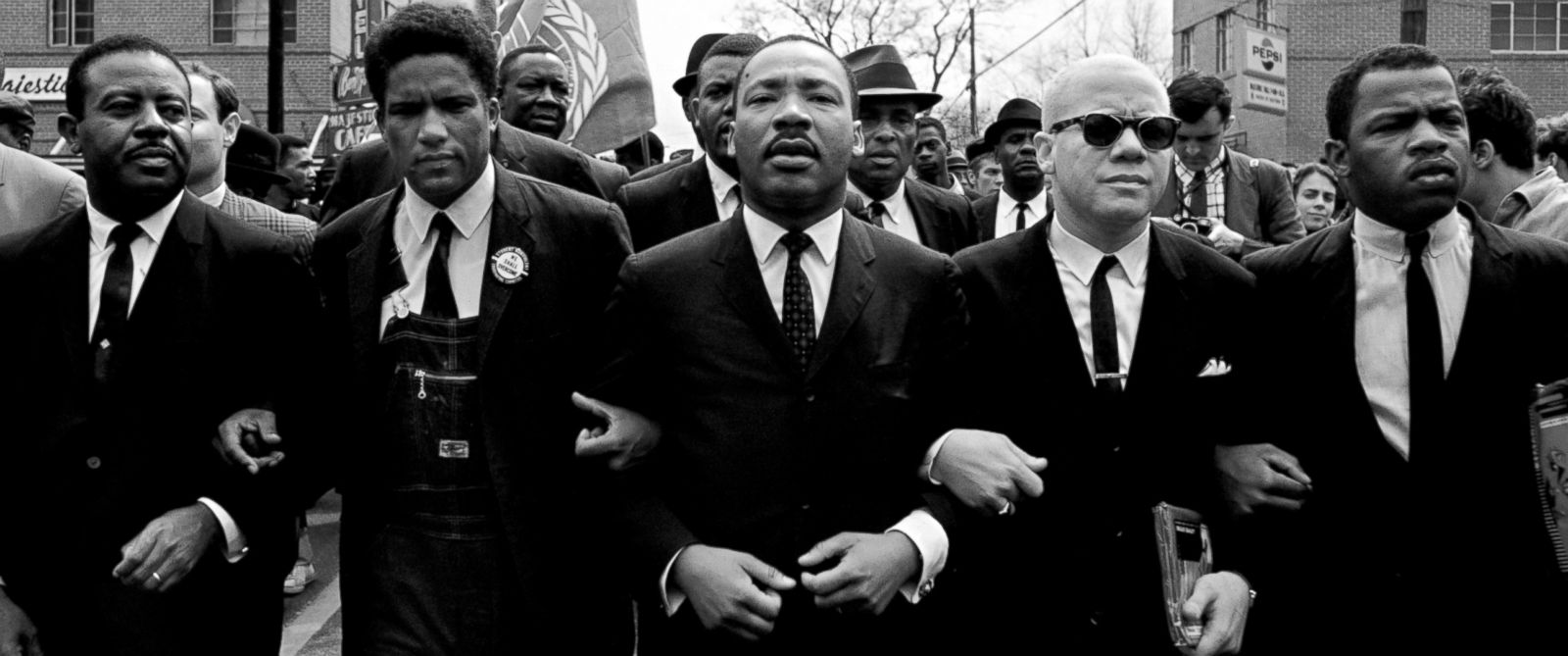It is fifty years since the day that Dr. Martin Luther King Jr. was assassinated, shot dead on his hotel balcony in Memphis. The legacy of the great preacher and modern prophet is almost always defined in terms of his rousing, extemporaneous words that turned the occasion of a blistering oration provisionally entitled “Normalcy, Never Again” into what will always be referred to as the “I Have a Dream” speech.
Dr. King’s dream was a transformation of a nation that, even then, and more so now, was quick to forget the horrors perpetrated on black people only yesterday and all too slow to address the real and very present injustices that are part and parcel of the lives of so many in our country for whom the nightmare is a reality and the dreams are just words echoing in empty places. A nightmare that felt even more stark April 4, 1968.
The beginning of the speech, while it also struck, at times, notes of conciliatory hope, made sure to underline the “fierce urgency” of the moment and the painful consequences of failing to make good on that “promissory note” written into the founding documents of the country and the check that had yet to clear.
The words he spoke became an addendum to the self evident declarations of equality and liberty that were signed at a time that black people lived enslaved, some even to the men who wrote the original words and fought to bring about the nation founded upon them. So Dr. King’s dream went beyond the necessary work of uprooting the rules and customs that made obvious the degradation of black people in his day and required a more profound reimagining of what would be normal in our country.
Fifty years after the assassination of Dr. Martin Luther King Jr., I can’t help but feel that his hopeful, almost messianic pronouncements and deep personal commitment to moving forward has made it all the easier to lose sight of how committed he was to live in the real world, to recognize the urgency of taking action, not to help fulfill the promises of scripture or our founding documents, but to shield the vulnerable from harm, feed people who are starving, and, as he did in his last days in Memphis, stand side by side with those who worked dangerous under-compensated jobs like sanitation and help them declare “I am a Man.”
Because, even as the dream is cherished we know how important it is to never forget the nightmare that normalcy can be.
May we make sure that we remember not only the great dreams and dreamers of our country, but the real history, real consequences, and real lives that are at stake in bringing them to life.

Michael Bernstein, a Rabbi, has served since 2009 as Rabbi of Congregation Gesher L’Torah, a vibrant and dynamic Synagogue community in north Atlanta where each person’s story is embraced and Judaism is personal. He was ordained as a conservative Rabbi at the Jewish Theological Seminary in New York in 1999. He and his wife Tracie have three children, Ayelet, Yaron and Liana.

